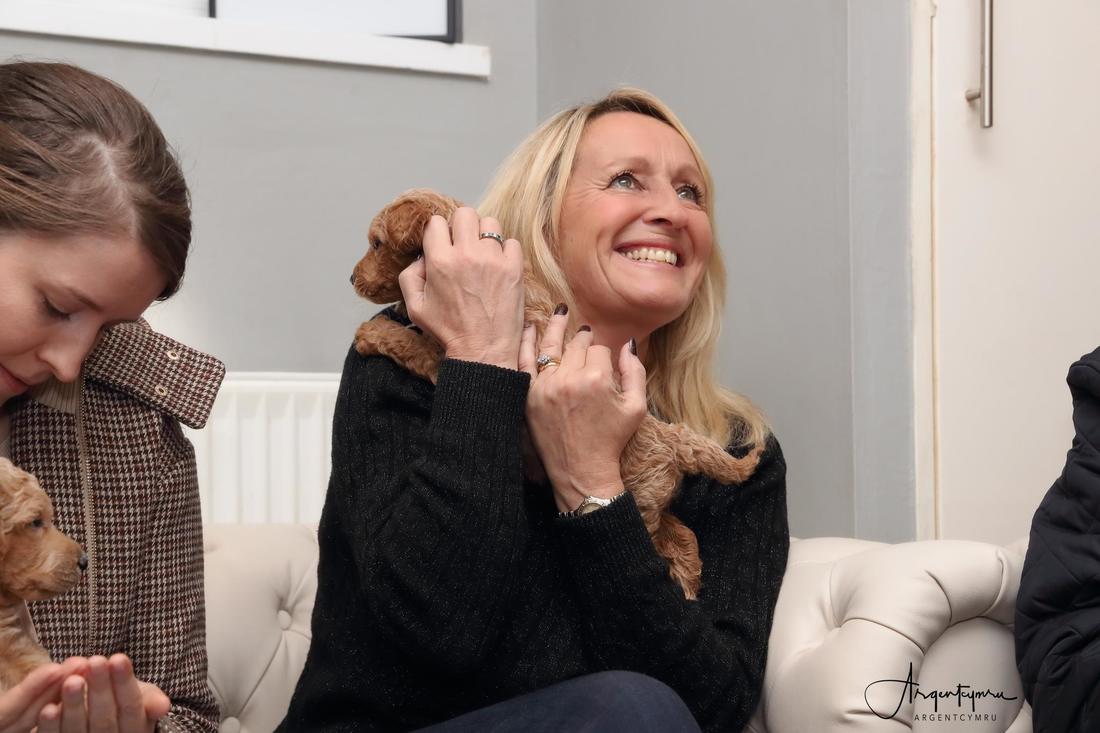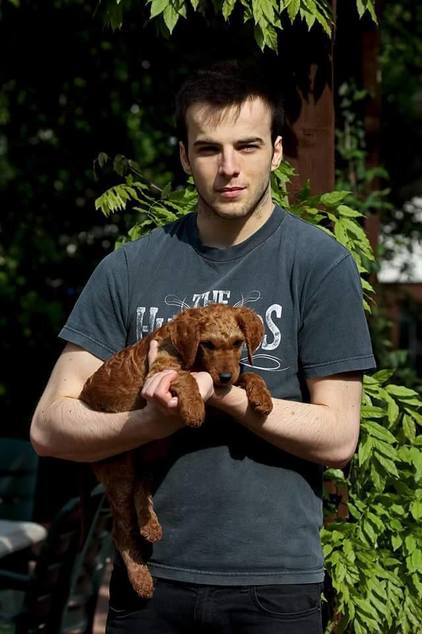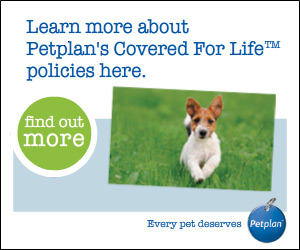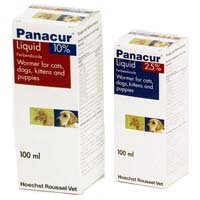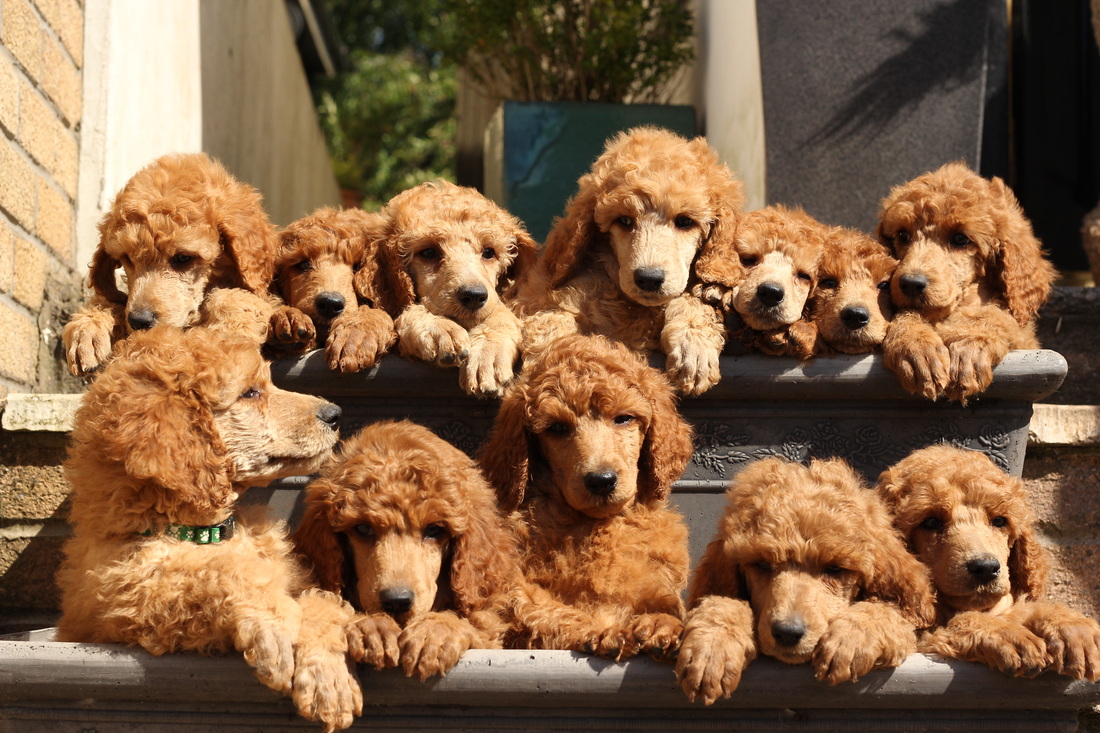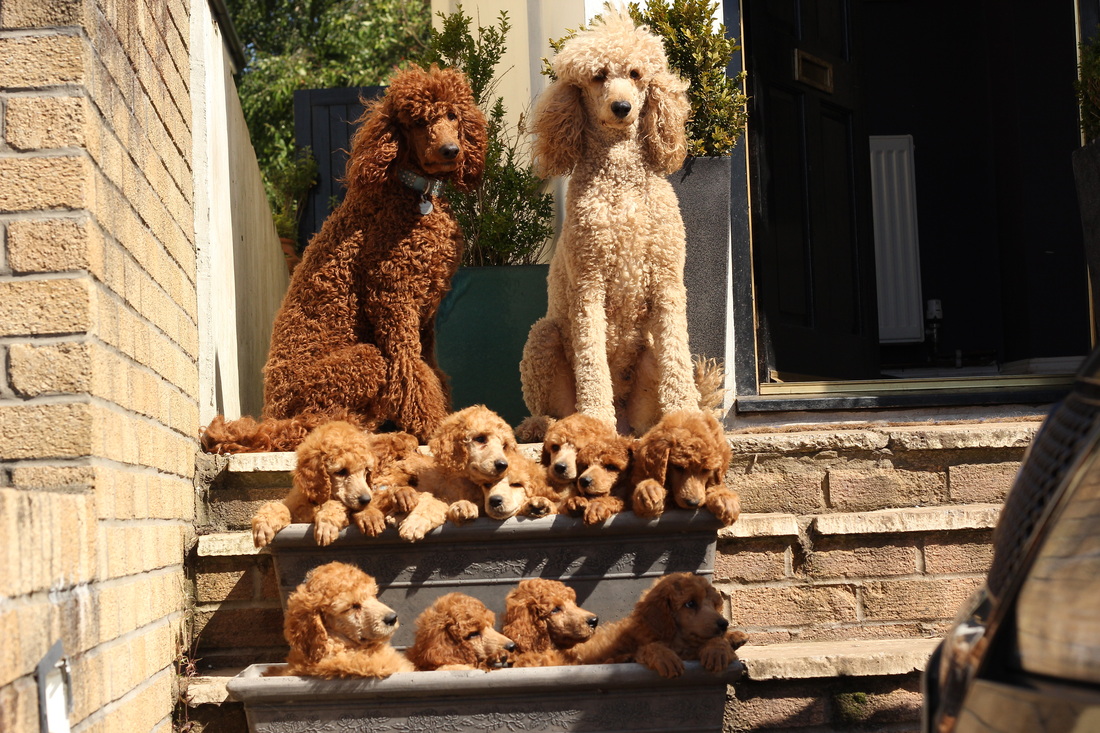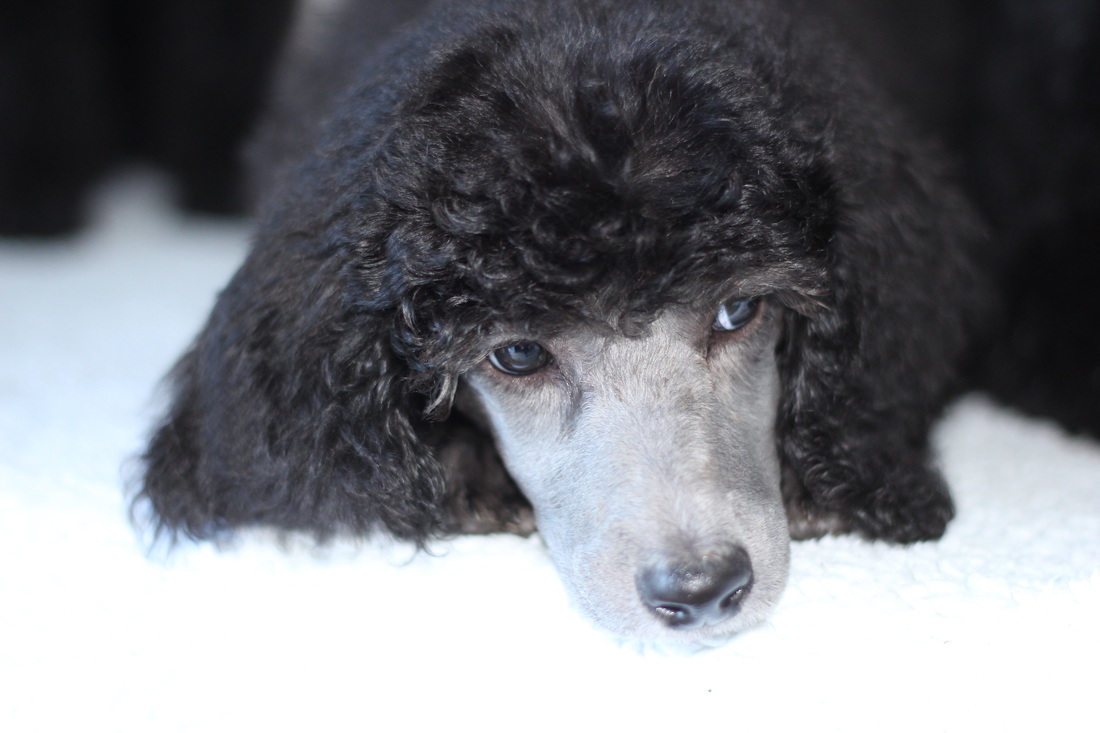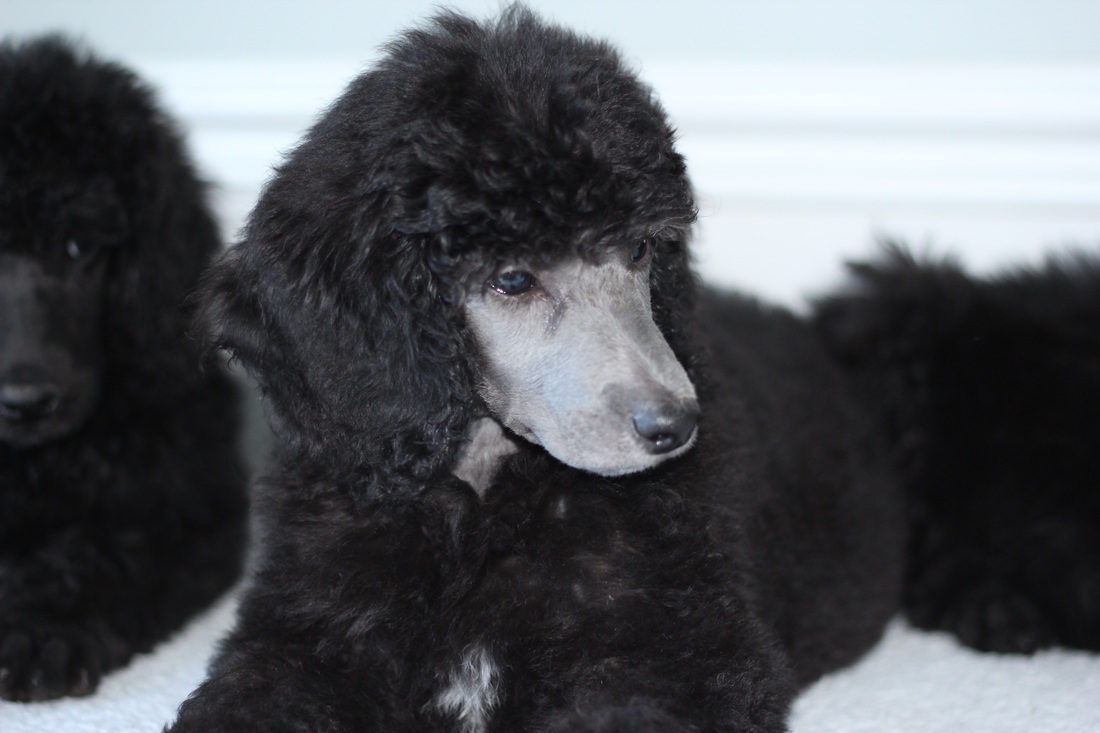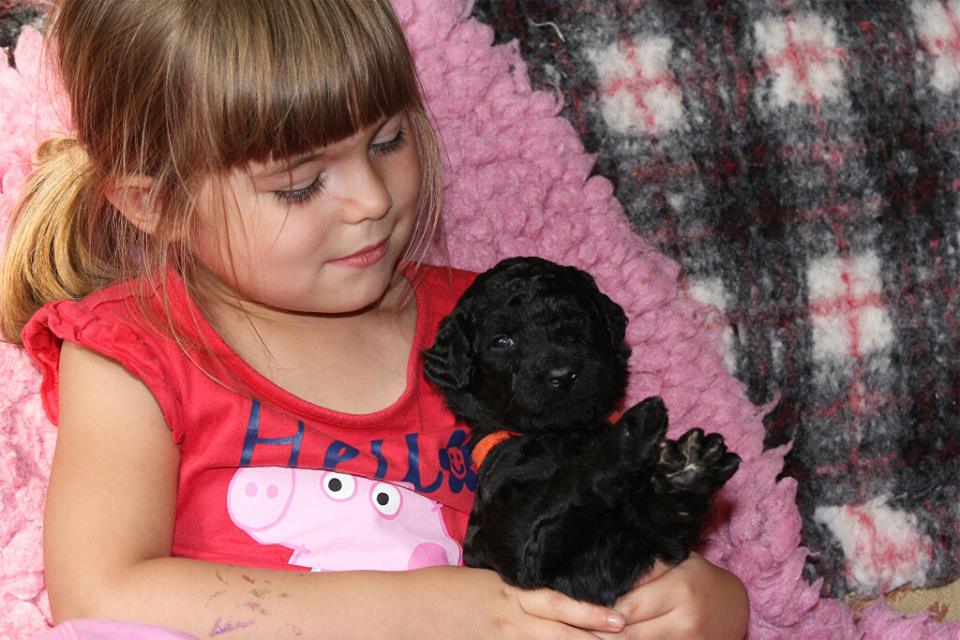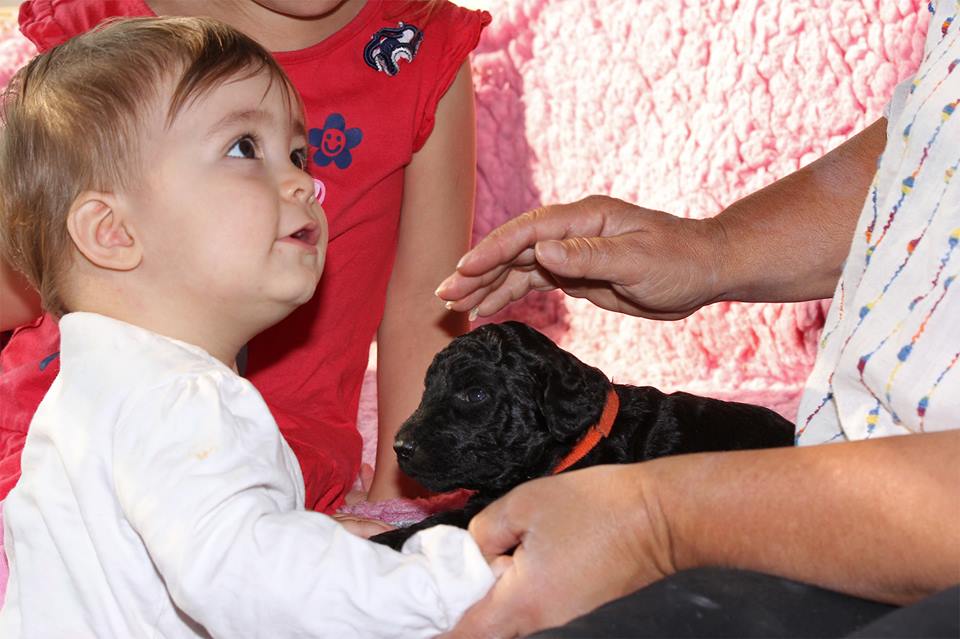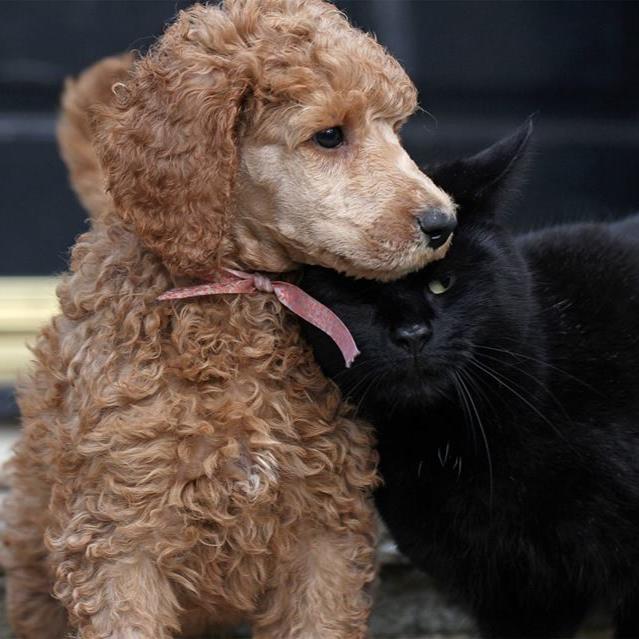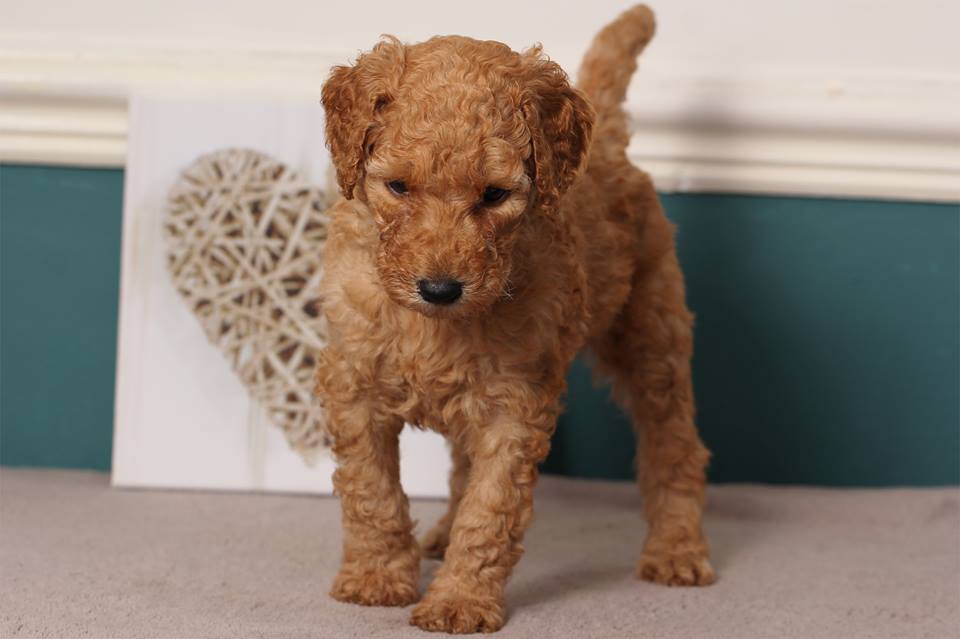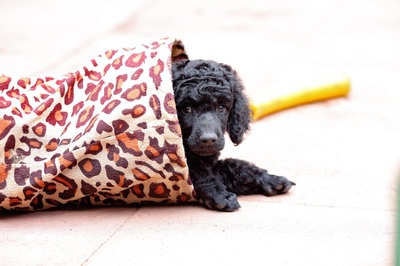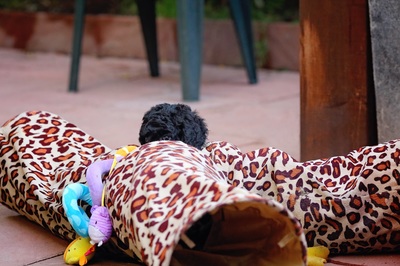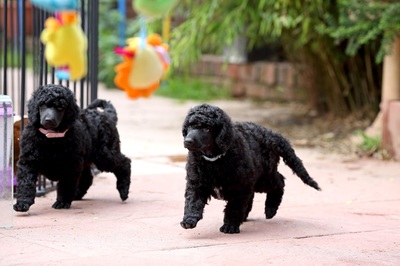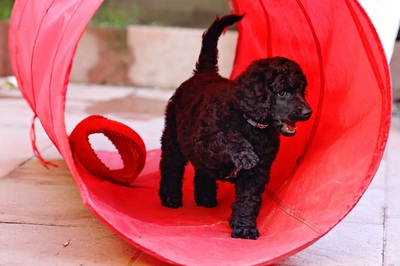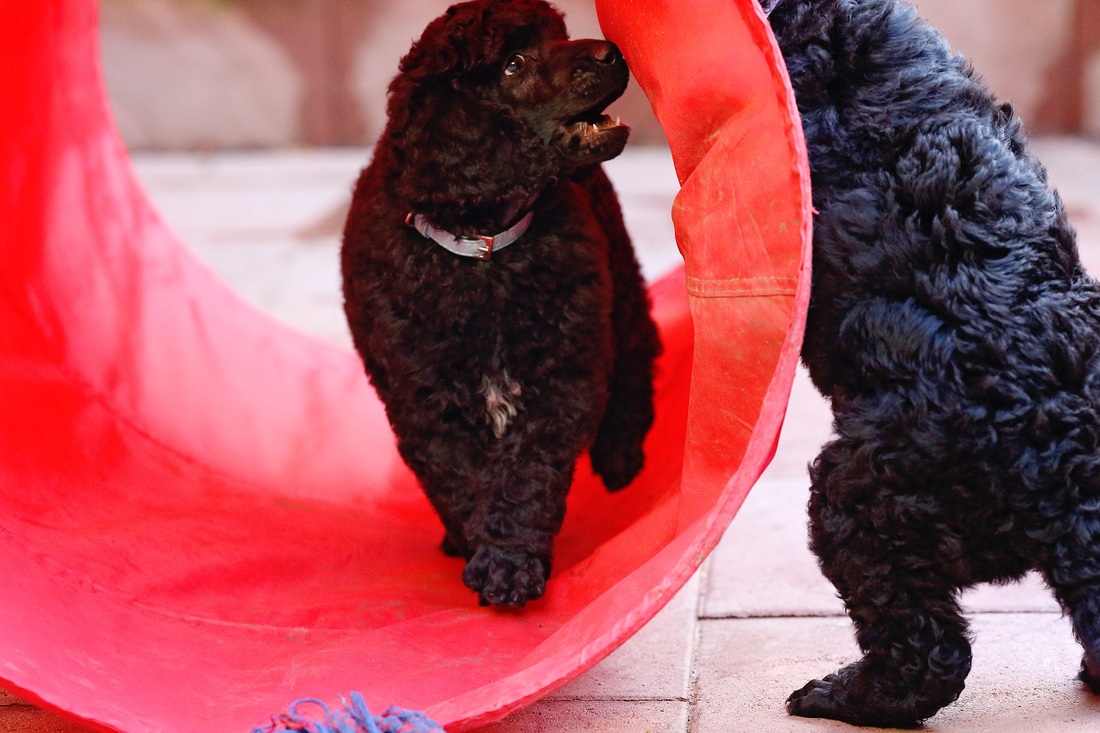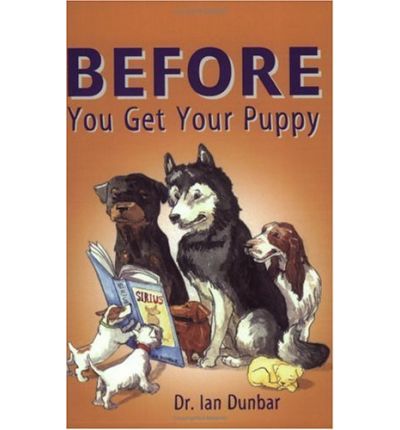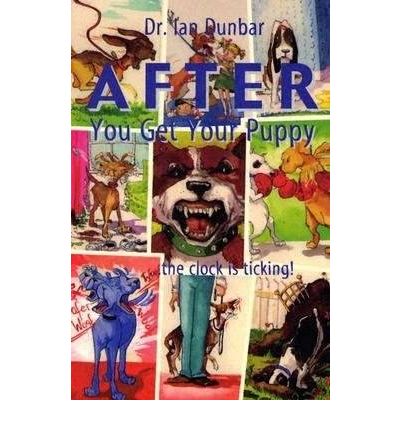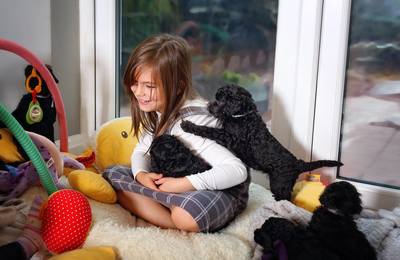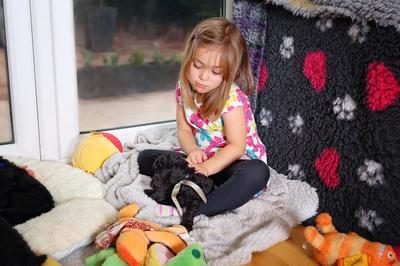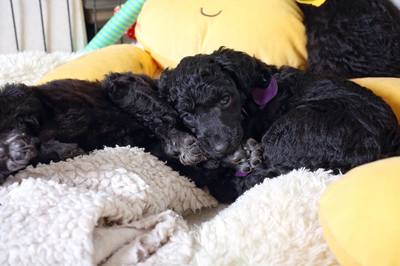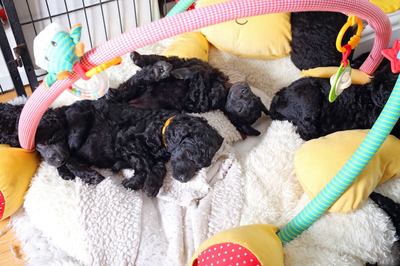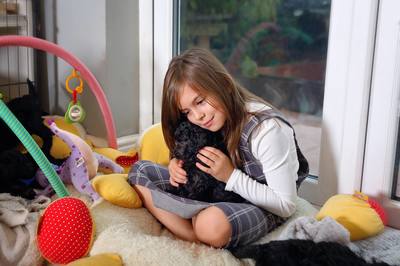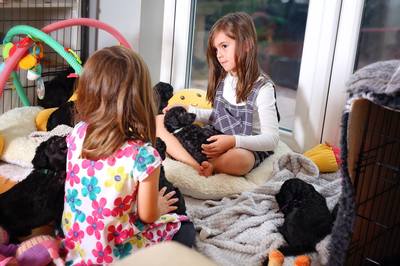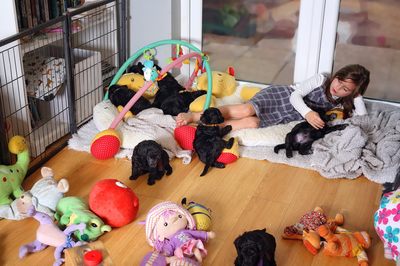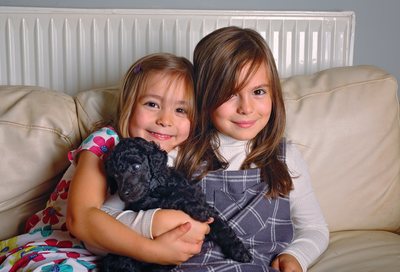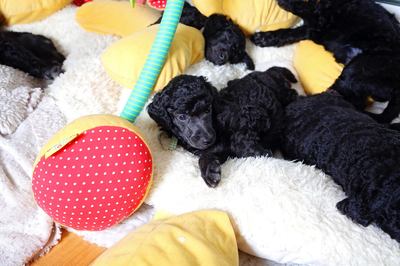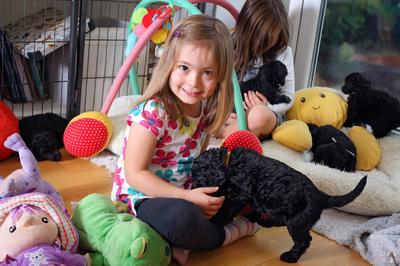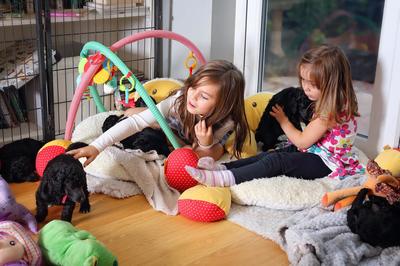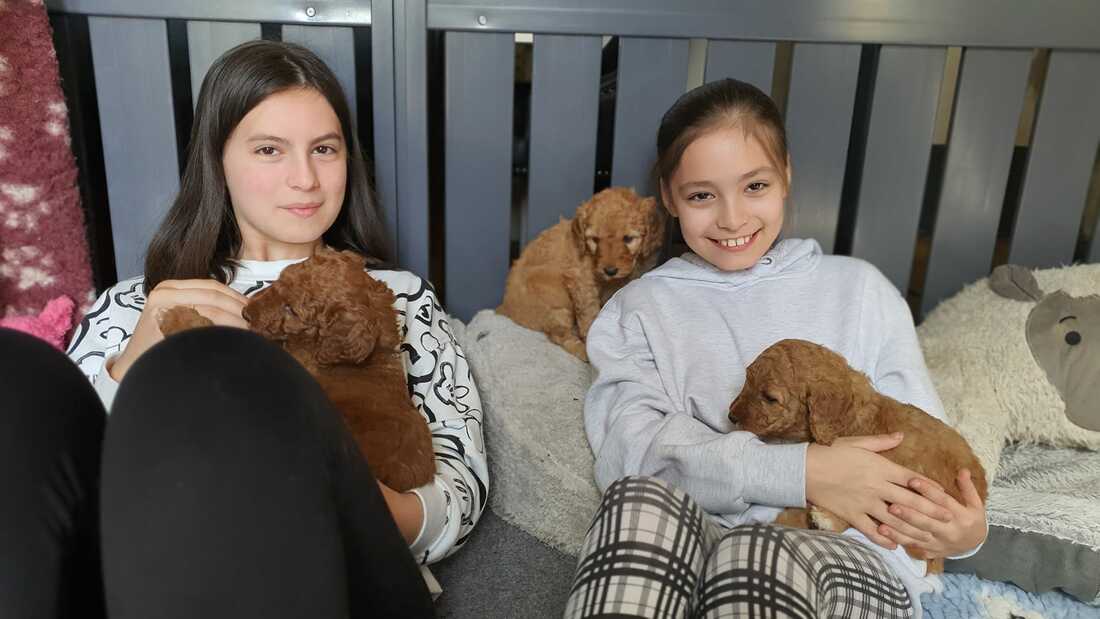Your Puppy will take home a puppy wallet containing :-
* kennel Club Certificate
* 5 generation pedigree certificate
* copies of health testing
* Photographs of the parents and puppy development
* 4 weeks free insurance with PetPlan
* Puppy Food
* information on breed clubs/socialization/grooming/information on worming schedule/exercise
* Puppy contract....
http://www.thekennelclub.org.uk/media/14641/guidepupsalescontract.pdf
* Puppy will have been microchipped with all relevant documents enclosed in a file
* scented blanket
* help and support
* all puppies endorsed for export and breeding
The Joy of meeting their new puppy at 4 weeks
Deborah and Tilly
My son Bobby and Lara
lara is our little keeper from hamish and layula
Puppies are wormed with panacur at 3 weeks then at 5 weeks and at 8 weeks of age
Product Description
Panacur 10% is a broad spectrum wormer for the treatment of dogs, cats, puppies and kittens infected with Roundworms, Tapeworms andor Lungworms. 1 ml contains 100 mg active ingredient fenbendazole. A white oral suspension of fenbendazole as a ready to administer oral anthelmintic for domestic dogs, cats, puppies and kittens. 1 ml contains 100 mg active ingredient fenbendazole. Uses: For the treatment of adult dogs and cats infected with gastro-intestinal roundworms and tapeworms. For the treatment of puppies and kittens infected with gastro-intestinal roundworms and puppies infected with protozoa (Giardia spp.). For the treatment of pregnant dogs to reduce prenatal infections with roundworm and the transfer of roundworm and lungworm to the pups via the milk. Also for the treatment of dogs infected with lungworm or protozoa Giardia spp., and cats infected with lungworm.Also has an ovicidal effect on roundworm eggs.
Product Description
Panacur 10% is a broad spectrum wormer for the treatment of dogs, cats, puppies and kittens infected with Roundworms, Tapeworms andor Lungworms. 1 ml contains 100 mg active ingredient fenbendazole. A white oral suspension of fenbendazole as a ready to administer oral anthelmintic for domestic dogs, cats, puppies and kittens. 1 ml contains 100 mg active ingredient fenbendazole. Uses: For the treatment of adult dogs and cats infected with gastro-intestinal roundworms and tapeworms. For the treatment of puppies and kittens infected with gastro-intestinal roundworms and puppies infected with protozoa (Giardia spp.). For the treatment of pregnant dogs to reduce prenatal infections with roundworm and the transfer of roundworm and lungworm to the pups via the milk. Also for the treatment of dogs infected with lungworm or protozoa Giardia spp., and cats infected with lungworm.Also has an ovicidal effect on roundworm eggs.
My two granddaughters with our 3 week old puppy...
Socializing puppies from 3 weeks.
Socializing puppies from 3 weeks.
Argentcymru prides itself on producing wonderful, healthy and quality puppies for the family, to live indoors with the family and to be loved as family members. I care for these babies with the love and devotion they deserve. As a breeder you strive for health and temperament, for puppies that will grow into dogs that will have long lasting and fulfilling, enjoyable lives....Below are details of how we raise and socialize our puppies. There is a window of opportunity, a CRITICAL time, to prepare puppies to be well balanced, happy, socialized puppies that are ready to take on the world.
Whelping
My puppies are whelped upstairs in a spare bedroom into a whelping box, lined with vet bedding, where mum and puppies can enjoy the peace and quiet that is needed for the first 3 weeks of their lives. Here mum is relaxed and content, feeding and cleaning her new born babies. My role in this is to clean the whelping box, make sure the temperature of the room is correct and that mum is feeding well and eating well herself. All other dogs are kept away from this room during this time.
Puppies @ 3 weeks - 8 weeks
At 3 weeks I bring the puppies downstairs to begin their lives in our kitchen/family room. Here the begin their socialization. They have a very large crate which is separated into 2 sections...one section for sleeping and playing the other as a toilet area. As the puppies get older they start to interact with the older dogs, playing and in most cases chasing them. In the room we have a 43" plasma which they can watch!. At 4 weeks i have friends come along and start viewings.
I begin clipper training in readiness for grooming at 3 weeks and at 4 weeks shave their faces, feet and tail and this continues every weekend until the puppies leave for their forever homes. Grooming is an integral part of a standard poodles life and I believe that an early introduction to this is imperative.
Puppies @ 8 weeks
At 8 weeks the puppies leave for their new homes.
Puppies leave with their individual kennel club certificate, copies of parents health certificates, information on worming and veterinary health checks and vaccination cards, microchip documents, photos of the parents, a kennel club Assured Breeder Contract (http://www.thekennelclub.org.uk/download/9042/guidepupsalescontract.pdf) which includes information on exercise, diet and well being, a scented puppy blanket and puppy food. Puppy is also insured by Pet Plan for 4 weeks.
You are advised on grooming, puppy socialization classes and encouraged for regular updates on your puppy and it goes without saying a lifetime of support.
The Critical Stages of Dog's development and Volhard Puppy Aptitude Test
The following section is reprinted from an article "A Novice Looks At Puppy Aptitude Testing"
By Melissa Bartlett from Kees News - August 84 issue
...The following is a brief synopsis of the critical stages of the dog as revealed by the research of Scott and Fuller.
1-3 weeks (1-20 days)
The puppy needs warmth, food, sleep and his mother. Neurologically very primitive, the puppy responds by reflex and essentially it is unable to
learn.
4th week (21-28 days)
The puppy needs its mother most at this time. It is a period of extremely rapid sensory development. Neurologically the brain is suddenly able to receive messages; the circuits are "turned on". Weaning should not take place at this time; the puppy is extremely vulnerable.
5th-7th week (29-49 days)
The puppy needs his mother and litter-mates. Dogs removed from the
litter at this period tend to be unable to socialize with other dogs, may fight, refuse to breed, etc. Contact with humans and gentle training is beneficial and helps the pup set the stage for more intense contact with humans later on.
7th week (49th-56th day)
This is the ideal time for the puppy to transfer his loyalty to his new owner. Mentally he is able to learn whatever any adult dog can learn, his being is neurologically complete. However, physically he will not be able to do the tasks of an adult dog. For example he can't jump one and a half times his height with the dumbbell in his mouth, but he can learn the exercise if it is scaled down to his size. Socialization and training should continue on a regular basis. Bonds formed at this time are extremely strong.
8-10 weeks (57-70 days)
This is the fear-imprinting period. Any traumatic experience such
as shipping, ear cropping, severe punishment, etc. may have a lasting effect on the dog. New experiences must be non-fear producing. Proper training and socialization should continue.
11-16 weeks (71-112 days)
The puppy continues to learn from his experiences. If left with
other dogs, he may become imprint only to dogs; taking his leadership from them and never developing a strong relationship with human beings. Lack of socialization with humans will result in shy behaviour such as found in wild animals. Lack of exposure to other environments and exploration may result in "kennel syndrome", where the dog is unable to cope with any change from his routine environment. .
This is another useful Lilnk
http://www.cesarsway.com/dog-care/new-dog/puppy-development-stage-3
puppies at 6 weeks
Full description for Before You Get Your Puppy
- When you choose a new puppy, you need to meet six developmental deadlines before your puppy is just five months old. If your puppy fails to meet any of these deadlines, he will never achieve his full potential and will be playing "behavioral catch-up" for the rest of his life. BEFORE You Get Your Puppy covers the first three developmental deadlines covering the period from puppy selection to your puppy's first week at home: 1. Before you search for a puppy, you need to complete your education about puppy education. 2. Before you choose your puppy, you need to know how to assess your prospective puppy's current socialization and educational status. 3. An errorless housetraining and chewtoy-training program should be instituted from the very first day your puppy comes home.
Full description for After You Get Your Puppy
- AFTER You Get Your Puppy covers the last three developmental deadlines that your puppy needs to meet before he is five months old: 1. Your puppy should be socialized to a wide variety of people, especially children, men, and strangers, before he is twelve weeks old. 2. Your puppy must learn to inhibit the force of his bites and develop a "soft mouth" before he is eighteen weeks old. 3. You must prevent predictable adolescent problems. Veterinarian and animal behaviorist Dr. Ian Dunbar is the original creator of off-leash puppy classes, which sparked the revolution for positive, reward-based, dog-friendly dog training.
Puppy socialisation with my granddaughters Izzy and Phoebe
as you can see, we pay great importance into stimulating and socialising our puppies from 3 weeks of age...it is imperative to give this critical period love, time and effort, to safeguard and prepare the puppies to become confident and self assured when they leave for their homes at 8 weeks of age.
Puppies reside in our family room where they are part of our bustling everyday life, where they are familiar with everyday comings and goings of family life. They watch the TV, see and hear the dogs, albeit they are separated by their play pen, hear and see human activity, hear the hoover, the dishwasher, the extractor fan on the cooker...the cat even has a nose in there too.
Puppies have toys to play with...toys that squeak, some that rattle, some with different textures...all this helps build the early experiences of the puppy.
Puppies need to move, to chew on, climb on and carry toys and to share with their littermates...Play helps to build and develop strength, agility, coordination and skills to prepare them fore adulthood.
We introduce our puppies at 5/6 weeks to outdoors..we open up the french doors and pen off the area outside to safeguard the puppies wandering into the shrubbery, but where they have indoor and outdoor space to explore.
Puppies must be exposed to a wide array of smells, textures, surfaces, sounds, vibrations, tastes and sights, including a variety of people...
this is what we do here at Argentcymru.
Puppies reside in our family room where they are part of our bustling everyday life, where they are familiar with everyday comings and goings of family life. They watch the TV, see and hear the dogs, albeit they are separated by their play pen, hear and see human activity, hear the hoover, the dishwasher, the extractor fan on the cooker...the cat even has a nose in there too.
Puppies have toys to play with...toys that squeak, some that rattle, some with different textures...all this helps build the early experiences of the puppy.
Puppies need to move, to chew on, climb on and carry toys and to share with their littermates...Play helps to build and develop strength, agility, coordination and skills to prepare them fore adulthood.
We introduce our puppies at 5/6 weeks to outdoors..we open up the french doors and pen off the area outside to safeguard the puppies wandering into the shrubbery, but where they have indoor and outdoor space to explore.
Puppies must be exposed to a wide array of smells, textures, surfaces, sounds, vibrations, tastes and sights, including a variety of people...
this is what we do here at Argentcymru.
